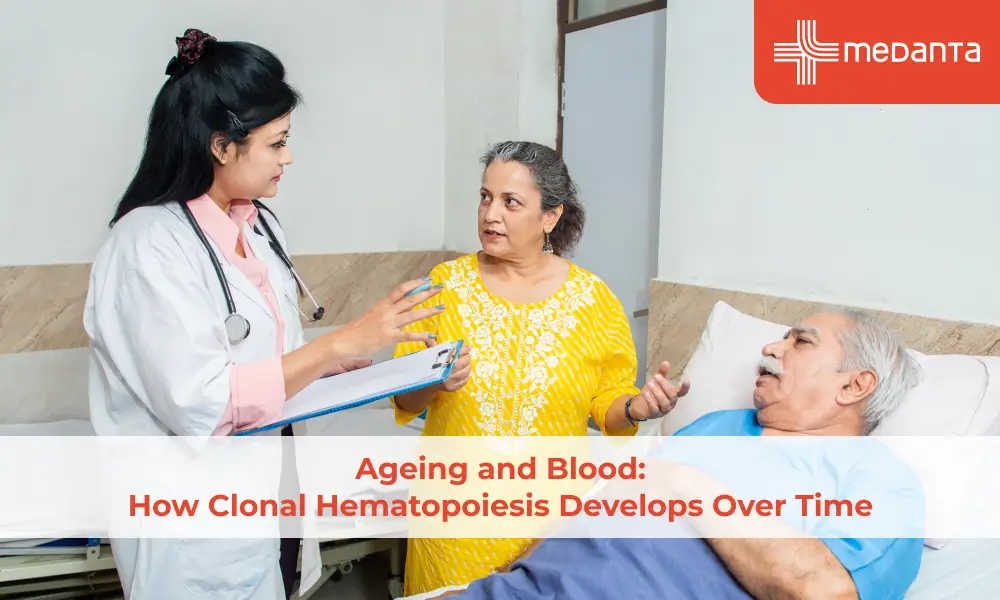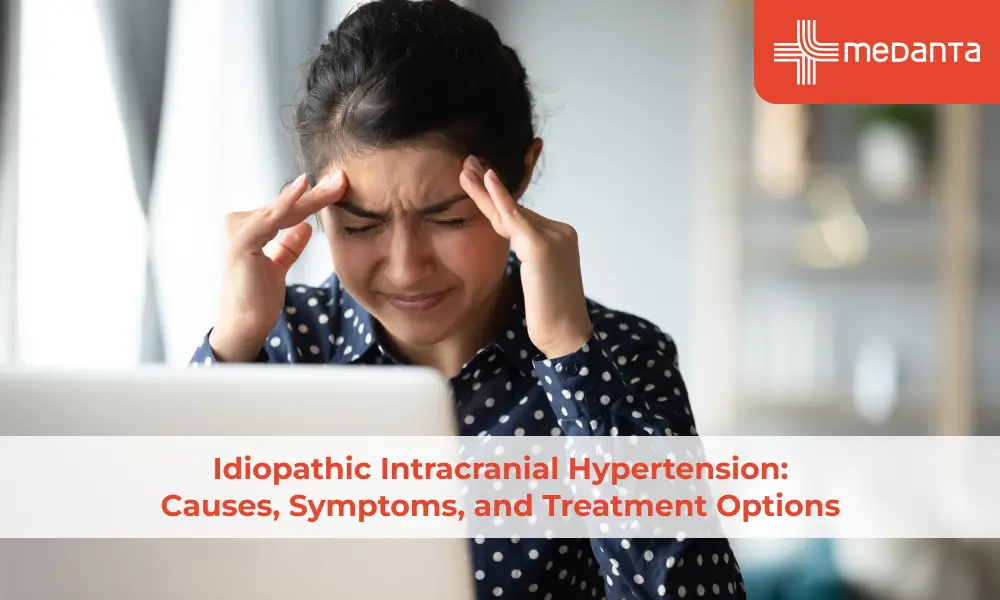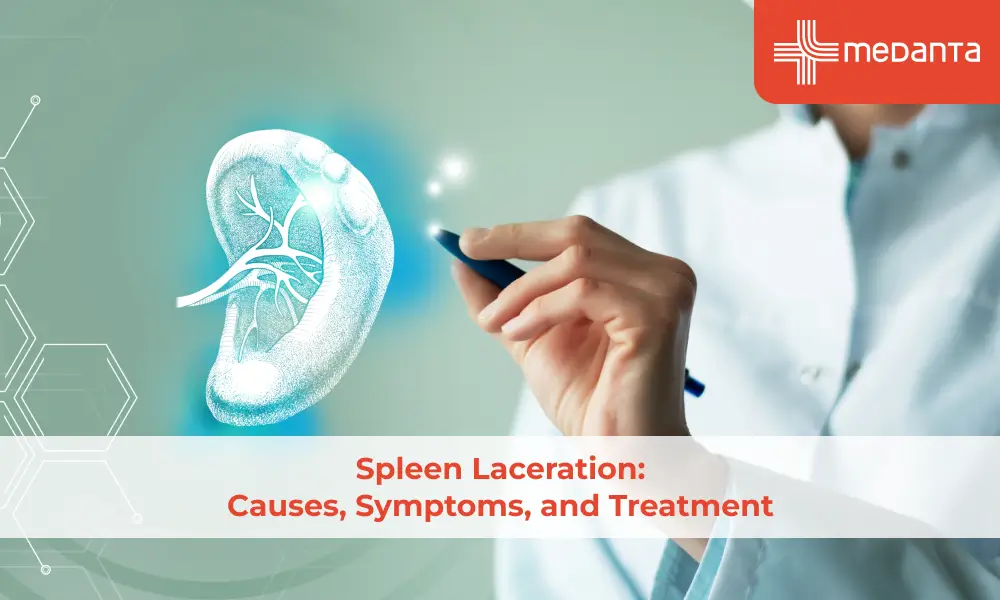Mythbuster: Peanut allergies occur whether or not a child is exposed to peanuts before age 3

Serious allergic responses are frequently triggered by peanuts. If you have an allergy to them, even a small quantity might cause severe symptoms. For some people, only handling peanuts might cause an allergic response. Peanut allergies are more common in children than in adults. Some people get over it, while some people must never again eat peanuts. If you've been given a diagnosis of another allergy disease, you have a higher chance of acquiring food allergies, including peanut allergies. Your chance of having a peanut allergy is further increased by a family history of allergies.
One of the most frequent causes of severe allergy episodes is peanut allergy. For some individuals with a peanut allergy, even minute quantities of peanuts might result in a severe response that can even be fatal (anaphylaxis). Children's peanut allergies have been on the rise. Consult your doctor even if you or your kid has only experienced a minor allergic response to peanuts. A future response that is more severe is still a possibility.
Preventing a peanut allergy:
Women were cautioned against excluding peanuts from their diets during pregnancy and breastfeeding by a 2010 expert panel on the treatment and diagnosis of nut allergies hosted by the National Institute of Allergy and Infectious Diseases (NIAID). This is because they discovered no link between a mother's diet and a child's likelihood of having a peanut allergy.
The Department of Health in the UK made the same suggestion. It did, however, caution parents against giving their children peanuts in the initial six months of life. The Department of Health also advised women to breastfeed their newborns for a minimum of the first six months.
Infants who are given little quantities of meals containing peanuts may be less likely to develop an allergy. According to one research, at the age of 5, 17% of infants who did not consume peanuts had allergies. By comparison, just 3% of people who consumed peanuts by the age of 5 acquired a peanut allergy.
Always get advice on whether to give your child peanuts from their doctor. Depending on the following factors, you should decide when to start your child on peanuts:
a) Allergy to eggs.
b)Eczema
c) Eczema as well as serious food sensitivities.
Causes of a peanut allergy:
There is compelling evidence that hereditary factors may contribute significantly to the emergence of peanut allergies. According to a 2015 study on food allergies, 20% of the participants had peanut allergies due to the presence of certain genes.
Additionally, due to early exposure of children to peanuts, there are more allergic reactions in case of genetic cases. Increasing environmental exposure is one of the other variables connected to the increase in allergic responses to peanuts. More people are adopting vegetarian diets and replacing meat with nuts like peanuts and trees as a protein-rich food source. Cross-contamination or cross-contact may happen from food preparation techniques.
Complications:
Anaphylaxis is one of the possible consequences of peanut allergy. It is particularly likely for children and people with severe peanut allergies to experience this potentially fatal response.
Symptoms:
Within minutes after exposure, peanut allergies typically manifest. Signs and symptoms of peanut allergy might include:
a) Responses on the skin, such as hives, redness, or swelling
b) Having an itchy or tingly lip and throat.
c) digestive issues such as diarrhoea, stomach pain, nauseousness, or vomiting
d) A throat-tightening sensation
e) Wheezing or breathlessness
f) clogged nose
Treatment:
Serious allergic reactions need to be treated by a doctor right away.
Anaphylaxis-prone individuals should also have an epinephrine auto-injector with them at all times in case of an emergency. The EpiPen and Adrenalick are examples of branded alternatives. An approved generic EpiPen was released by the pharmaceutical manufacturer Mylan in December 2016.
Over-the-counter antihistamines can help lessen symptoms like itching lips or hives for more moderate responses. Antihistamines sold over the counter, however, do not treat respiratory or gastrointestinal problems. Together with your doctor, create an emergency food allergy plan, and learn the best methods to handle any response, no matter how small or severe.
Conclusion:
A frequent food allergy is a sensitivity to peanuts. In the US, about 1 in 50 kids suffer from a peanut allergy. By maturity, only approximately 1 in 5 people will still have their allergy. Anaphylaxis, a potentially fatal allergic response sign, can result from peanut allergies. If you are allergic to peanuts, you must completely avoid them. In case of a severe allergic response, you may also be required to carry emergency medicine.






